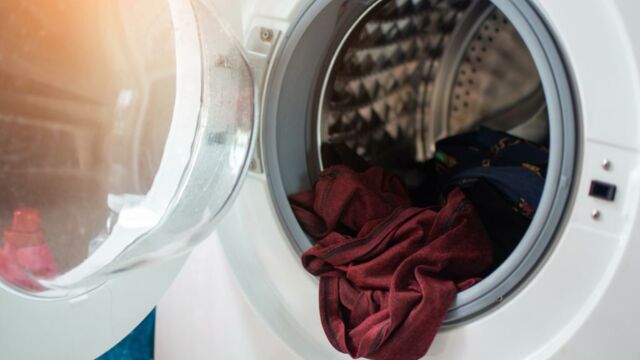Earn money by restricting your appliance use and help avoid blackouts. Here's how

You could earn up to £6 per kilowatt hour of energy you save during peak hours, according to a new initiative proposed by National Grid ESO.
If you’ve been to South Africa, you may be familiar with load shedding, the restriction of energy supply to certain areas during certain times of day.
Discover our latest podcast
A new initiative proposed by National Grid ESO looks somewhat similar, but not as strict. Rather, it will incentivize British residents to consume less energy by offering up to £6 per kWh of energy saved during peak hours. The purpose of the initiative is to help reduce the risk of blackout this winter. It also would inevitably help Brits afford their ever-increasing billsduring the cost-of-living crisis.
More under this adMore under this adHow it works
According to the Mirror, the initiative would encourage British residents to save energy during peak hours – from5 pm to 8 pm – and receive compensation as a reward for doing so. It follows a pilot program led by Octopus Energy earlier this year.
Each energy firm would be able to choose if they want to sign up to the program, while customers from participating firms would be able choose whether they want to benefit from the initiative or not.
More under this adMore under this adParticipating customers’ current energy use would be compared to their historic energy use with the help of smart meters. If they are able to reduce their consumption by a certain amount, the financial award would be granted in the form of a direct payment or credit to their account.
National Grid ESO hopes to launch the new initiative around October.

Do the financial benefits outweigh the costs?
It remains unknown if the mental and physical burden of using appliances during off-peak hours would be outweighed by the rewardreceived. Some people may not be willing to use household appliances early in the morning or late at night. Reducing energy consumption during peak hours could be especially tricky for those with families and for those who work.
Besides, estimates of customers’ earnings from the initiative span from 23p to £6 per kilowatt hour saved – that’s quite a difference. According to the Mirror, it would be up to energy firms to decide the details.
More under this adMore under this adEverything said, tumble driers, game consoles, and dishwashers are amongst the least energy-efficient appliances found in most households, says indy100. If residents could restrict or at least reduce their use of these appliances during popular times (or even any time), the financial benefit is likely to be greater.
Read more:
⋙ The British government is handing out £400 for energy bills, here’s how to claim it
⋙ Queen lobbied to become only person in Scotland exempt from green energy rule
⋙ Save 50% on electricity by using this simple setting on your washing machine